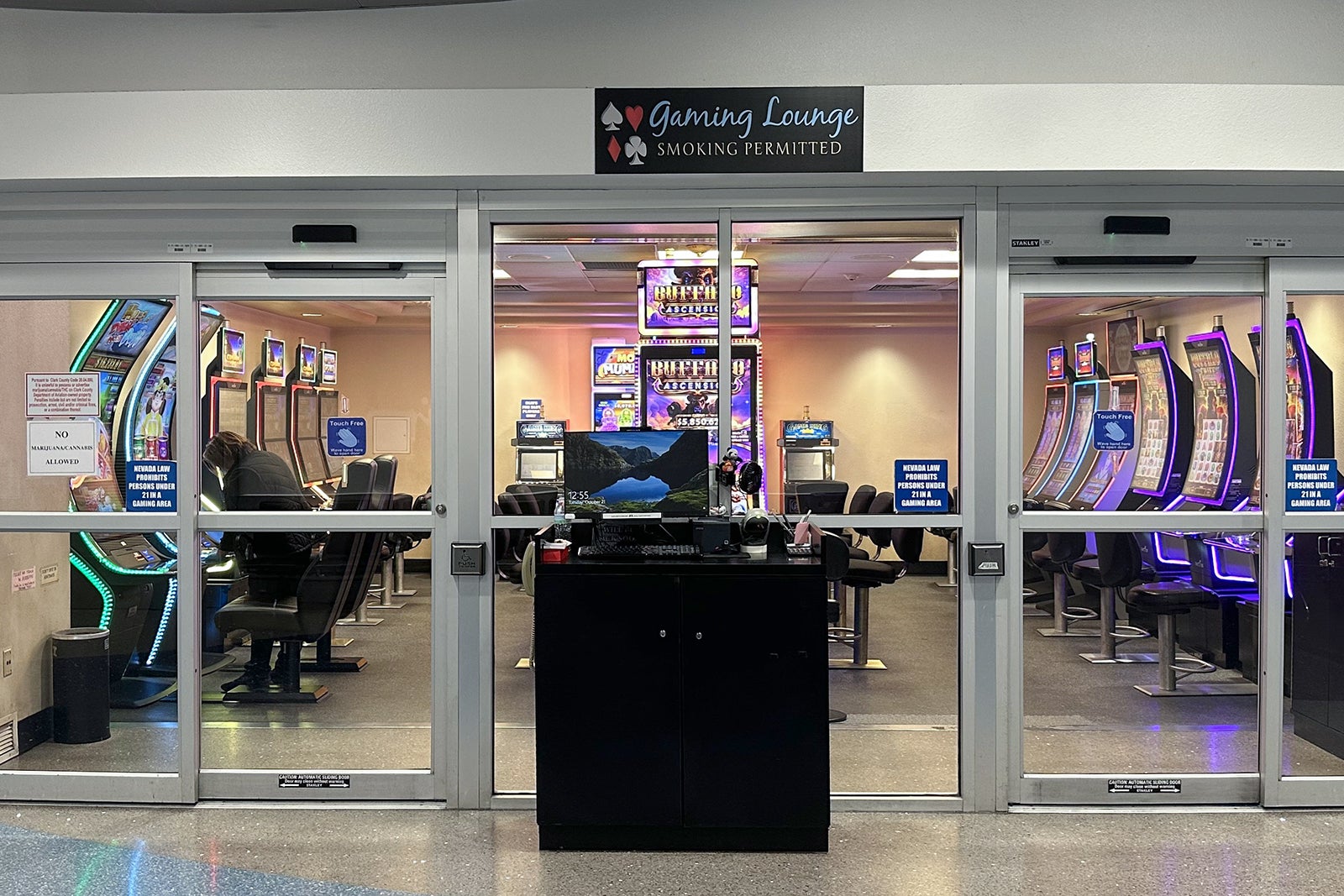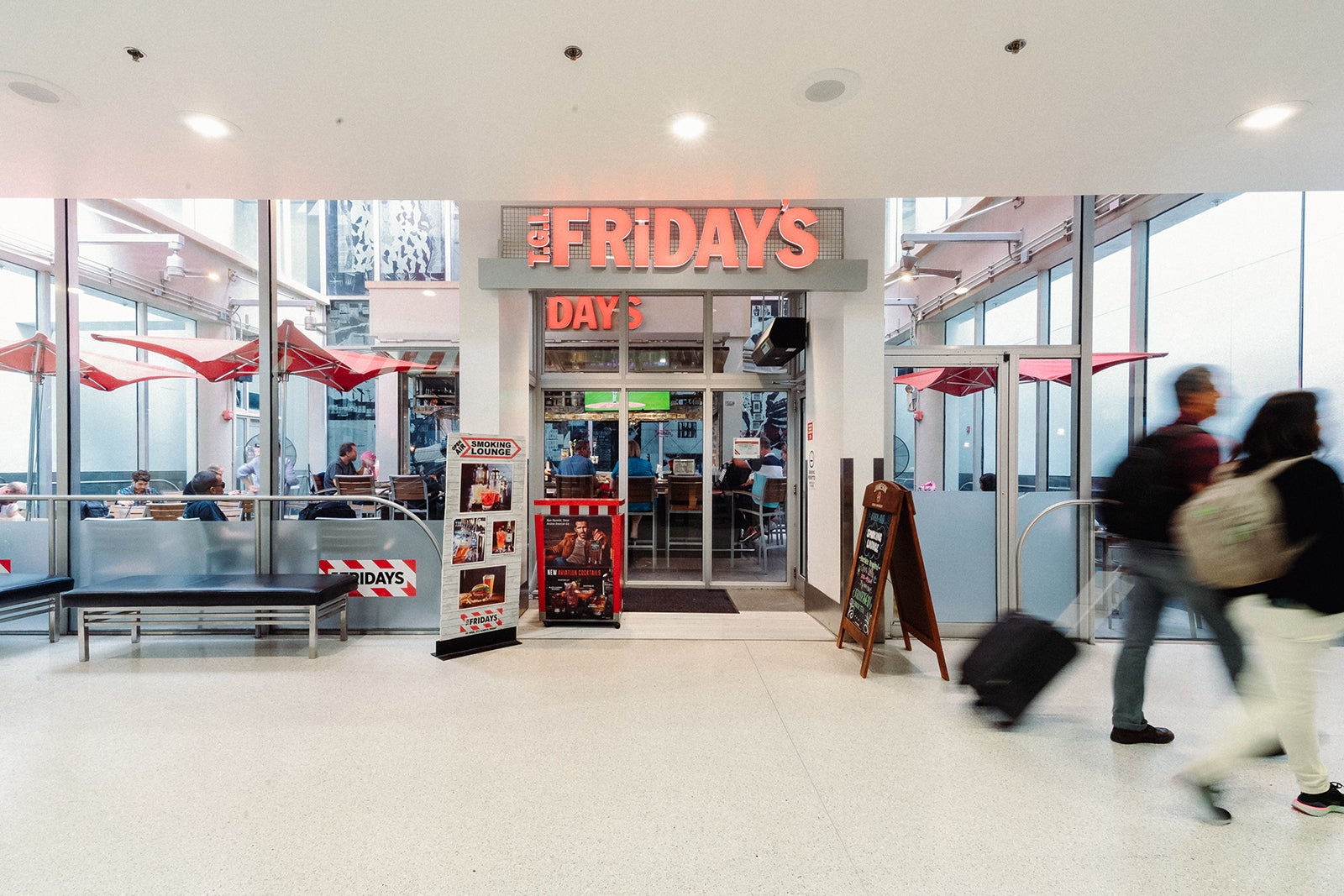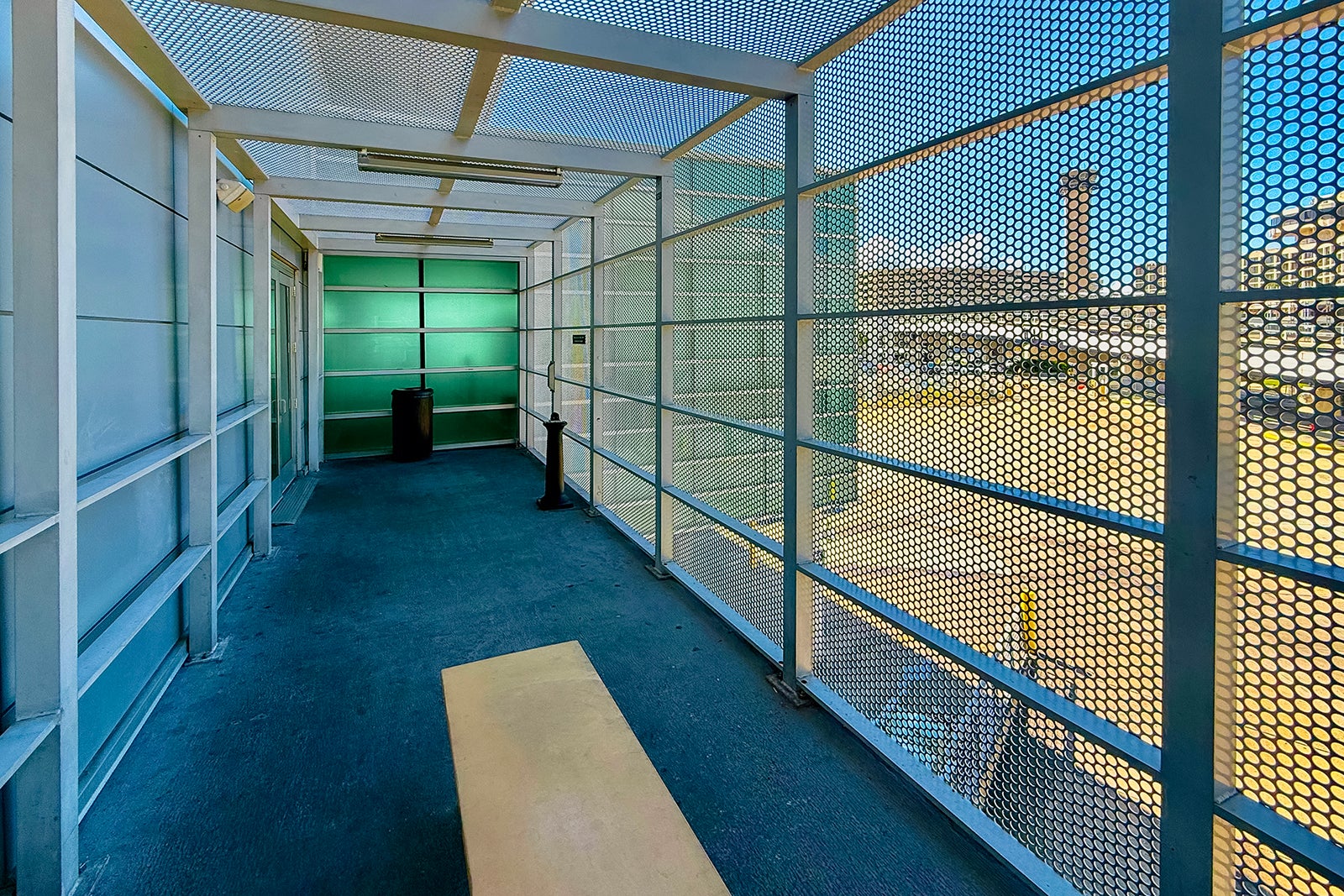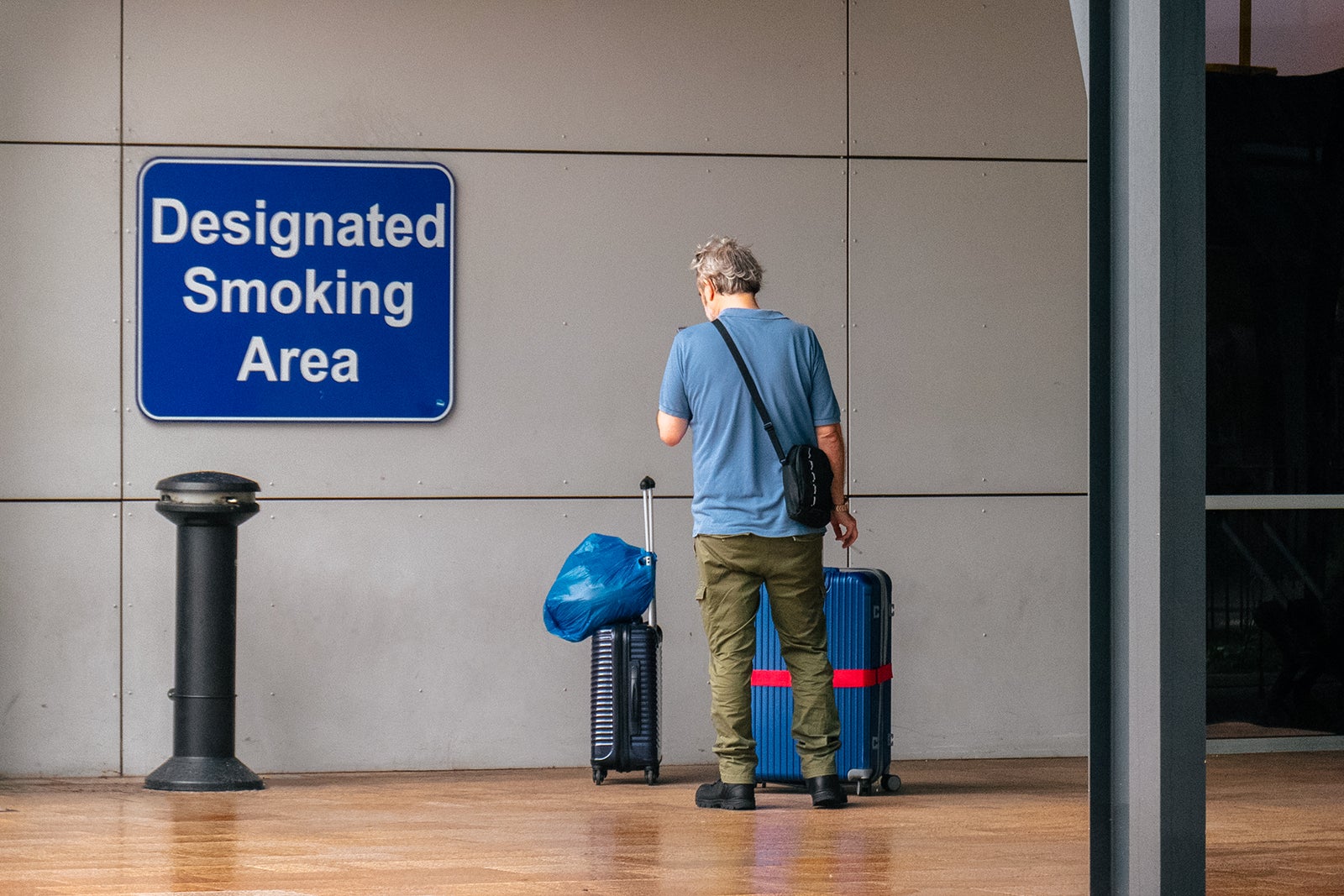The quest for a place to smoke—or simply enjoy a cigar—within the confines of an airport is a surprisingly persistent one. While sweeping clean indoor air laws have largely extinguished smoking inside U.S. airport terminals, a handful of locations remain as havens for those who partake. These aren’t sprawling, open areas, but carefully designated spaces, often tucked away post-security.
For years, Las Vegas has been a notable exception. Harry Reid International Airport boasts eight gaming lounges where smoking is permitted, each enclosed and ventilated, offering a unique blend of chance and indulgence for those 21 and over. These lounges, scattered throughout the terminals, provide a distinct experience, though federal law strictly prohibits cannabis use within their walls.

Miami International Airport offers a more casual option. Passengers can step onto the patio of TGI Friday’s in the North Terminal and enjoy a drink and a smoke, or utilize a dedicated smoking section without needing to make a purchase.
Tampa International Airport provides covered outdoor smoking areas in each of its four airside terminals, conveniently located near specific gates. Nashville International Airport features the Travelers Post Smoking Lounge, a concession offering a ventilated, enclosed space with drinks and a small shop—access requires a fee. Even the smaller Gulfport-Biloxi International Airport in Mississippi provides a filtered smoking room for travelers.

Now, a major airport may be poised to join this select group. Detroit Metropolitan Wayne County Airport (DTW) is considering a proposal for a new bar/lounge concept within its McNamara Terminal. This isn’t just a bar; it envisions an enclosed cigar smoking area, complete with retail cigars, catering to an international clientele.
The idea stems from community and business interest, but it’s already sparking controversy. Concerns are rising from nonsmokers’ rights organizations, who point to studies highlighting the persistence of secondhand smoke issues even in ventilated airport lounges. Critics argue that introducing such a space would expose travelers and airport workers to unnecessary health risks.

The airport authority insists any such lounge would feature a state-of-the-art air handling and ventilation system, designed to minimize smoke exposure. Proposals are due in January 2026, leaving the future of smoking at DTW—and the broader debate about balancing individual freedoms with public health—hanging in the balance.






